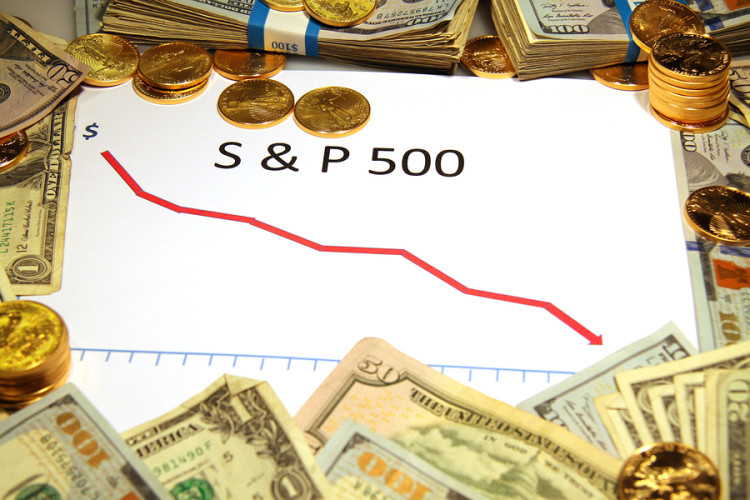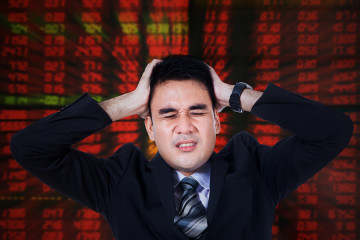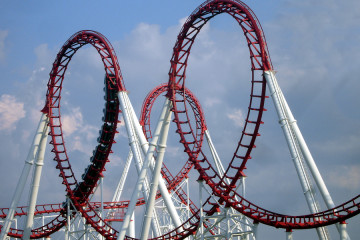Global Correction Seen as U.S. Stocks Succumb to Broad Selloff

©2015 Bloomberg News
NTES5Y6K50XU
(Bloomberg) — Currency and equity markets from Hong Kong to Johannesburg and Istanbul were already faltering. Then U.S. stocks joined in.
The stresses that have been building in global markets roared ashore in America Thursday as the Standard & Poor’s 500 Index tumbled the most in 18 months and helped send the MSCI All-Country World Index to the lowest since January. Until now, the S&P 500 had traded in a narrow range even as China’s slowdown, Greece’s debt crisis and a plunge in emerging-market currencies roiled other markets. The Chicago Board Options Exchange Volatility Index soared 49 percent this week with one trading day remaining.
“As of a couple of days ago, the S&P 500 had held up. Now it’s back in negative territory for the year. I’d suggest there’s still probably more downside in the U.S.,” Mark Lister, head of private wealth research at Craigs Investment Partners Ltd. in Wellington, New Zealand, which manages about $7.2 billion, said by phone. “We’ve been expecting a correction and it looks like we’re getting one.”
Losses earlier in the week in American shares were limited as the rout in emerging-market assets deepened, with developing- nation equities sinking to the lowest level since 2009 and currencies from Malaysia to Kazakhstan tumbling. That changed Thursday as the S&P 500 closed below its average level of the past 200 days, wiping out gains for 2015 as investors sought the safety of gold and Treasuries.
‘Very Cautious’
“Unless you are the staunchest contrarian, then these are times to be very cautious,” Chris Weston, Melbourne-based chief market strategist at IG Ltd., wrote in a note to clients. “U.S. markets have held up well of late, being viewed as somewhat of a safe haven. This view seems to have deteriorated somewhat with the S&P 500 closing below its multi-month trading range.”
While declines of this magnitude are more common in Asian and European stock markets, the S&P 500 has gone more than three years without a drop of more than 10 percent, the longest stretch since 2004.
What’s important “is whether current weakness is just a correction or the start of a new bear market,” said Shane Oliver, the Sydney-based global strategist at AMP Capital Investors Ltd., which manages about $119 billion. “Periodic sharp falls in the range of 5 percent to even 20 percent are quite normal and healthy in that they help the market let off steam and the rising trend resume.”
The MSCI Asia-Pacific Index fell 1.8 percent as of 10:27 a.m. in Tokyo on Friday, headed for its lowest close since February 2014. Japan’s Topix index sank 2.3 percent, poised for its worst weekly loss since October. South Korea’s Kospi index dropped as much as 3 percent. Hong Kong’s Hang Seng Index is on the cusp of a bear market, while futures on the FTSE China A50 Index slid 1 percent.
“It’s not pretty,” said Lister. “The whole world’s looking a little bit sad at the moment. China still looks really worrying on a number of fronts.”
To contact the reporter on this story: Adam Haigh in Sydney at ahaigh1@bloomberg.net To contact the editors responsible for this story: Tom Redmond at tredmond3@bloomberg.net John McCluskey





No Comment